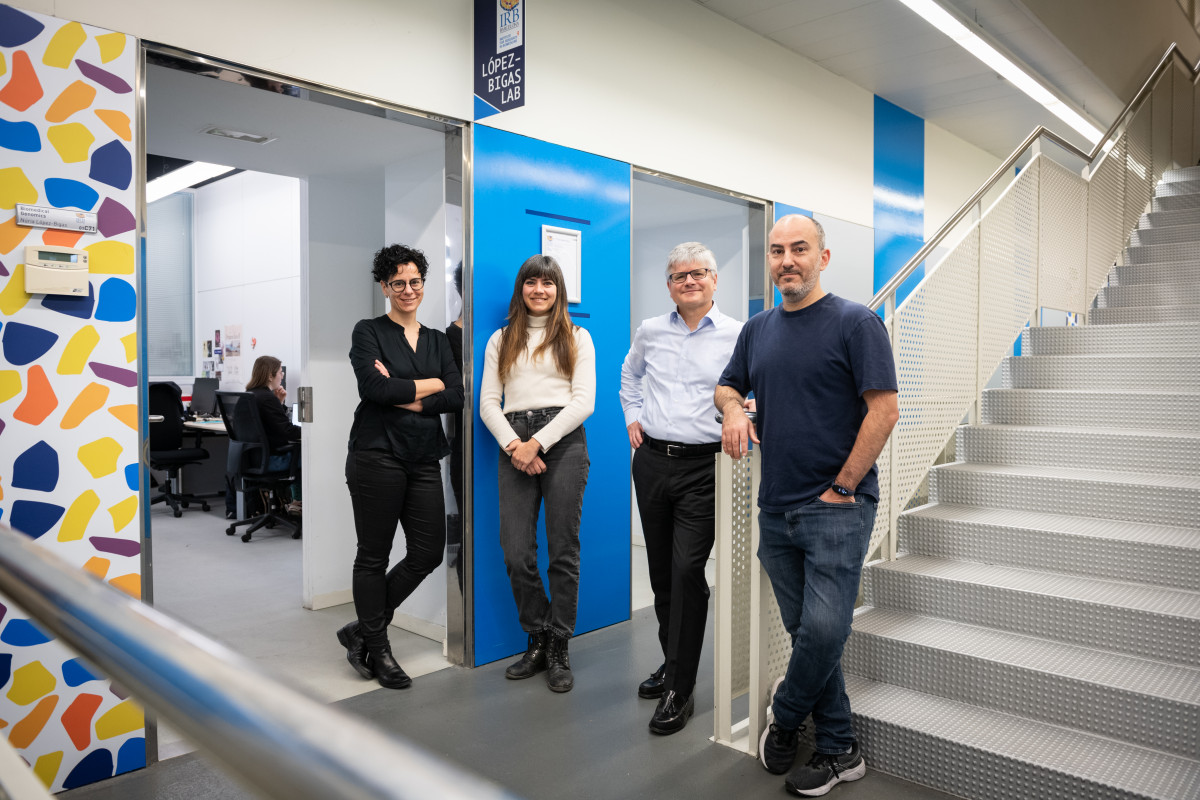
A Spanish research team reveals the origin of second paediatric tumours

A team of experts from the Sant Joan de Déu Research Institute and the IRB Barcelona has studied the cases of four children who have developed two different tumours to try to solve the origin of the second tumour.
The mutations present in these tumours have been analysed through advanced genome sequencing techniques. It has been concluded that, on certain occasions, cancer therapies, specifically those based on platinum, can introduce changes in the DNA of the second tumour and even in the healthy tissues. In other words, chemotherapy may be involved in triggering the second tumour in some paediatric patients.
For example, one of the patients developed leukaemia four years after undergoing chemotherapy to treat a sarcoma in their leg. The mutations found in the tumour cells of the blood revealed that the leukaemia developed following the sarcoma treatment. However, this study has not yet determined whether the chemotherapy's mutagenic action or other factors caused this second tumour.
The study has confirmed that paediatric cancers (which arise during childhood and have nothing to do with adult cancers) stem from mutations acquired during embryonic development.
Sharing samples and clinical data is what drives research into childhood cancer forward
This project has been made possible thanks to the generous donation of samples, such as those from Marta, a young girl who tragically passed away from a second tumour that emerged years after being treated for neuroblastoma at just a year and a half old.
"When doctors informed us that there were no further options, we considered donating tissue for research. We wanted to ensure that what happened to our daughter would not happen to another child", explains Rosa, Marta's mother.
Researchers emphasise that the scarcity of data is one of the primary hurdles in advancing our understanding of childhood cancer. "This study wouldn't have been feasible without the unwavering commitment of the parents, who either donated samples or authorised the analysis of autopsy specimens", remarks Dr Jaume Mora, coordinator of the Pediatric Cancer Program at IRSJD and Scientific Director of the Pediatric Cancer Center Barcelona at Sant Joan de Déu Hospital.
